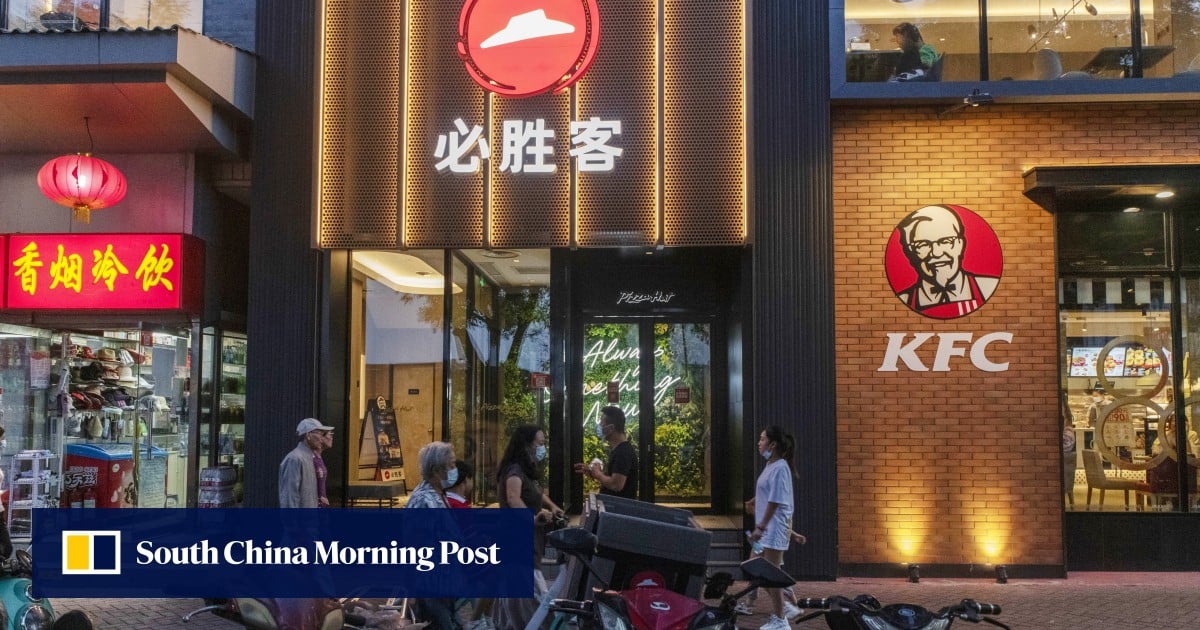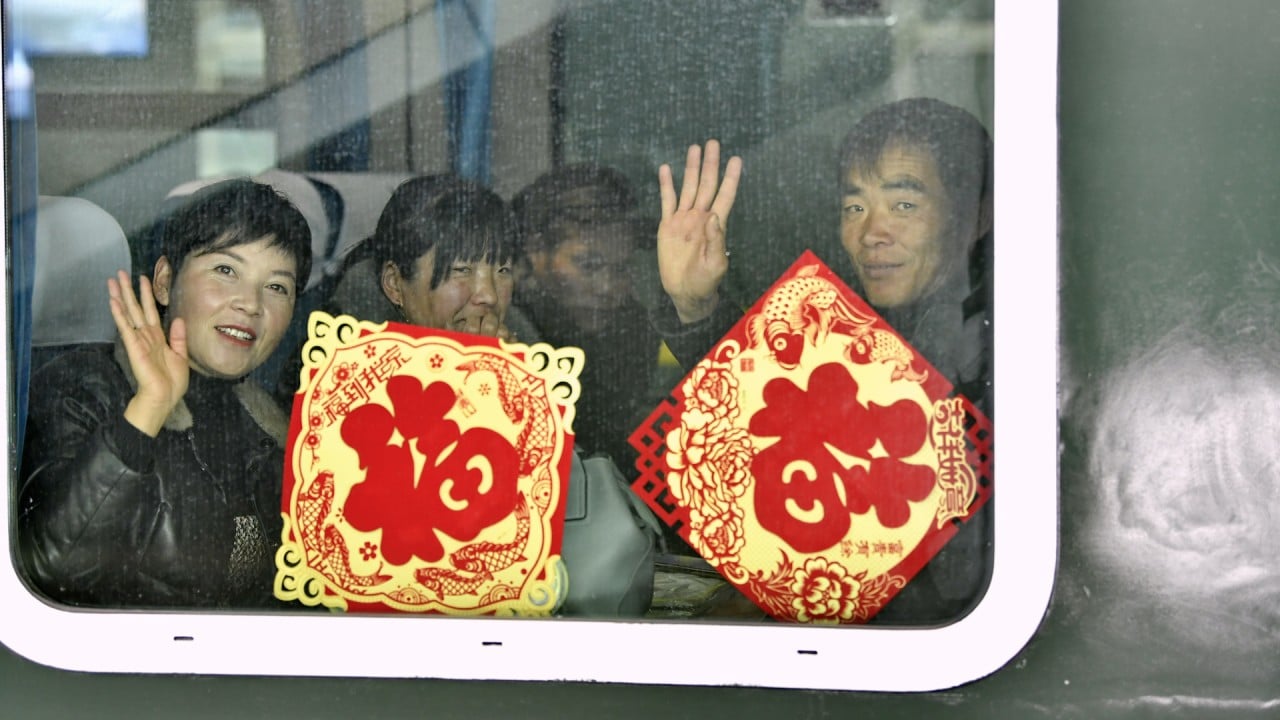
04 Feb Chinese restaurant stocks are underpriced as Morningstar, Essence see Yum China, Haidilao doubling in value
Yum China’s chain of KFC and Pizza Hut fast-food outlets and hotpot purveyor Haidilao are likely to gain market share on consumption rebound in mainland China, while also enhancing their appeal as a shield to rising geopolitical risks, according to Ivan Su, an analyst in Hong Kong at Morningstar.
Haidilao is favoured by analysts at Essence Securities, who argue that a recovery in consumer spending will benefit the biggest players in the industry. Smaller peers like Jiumaojiu International and Xiabuxiabu Catering Management “sit comfortably” in his rating, Su added.
“We are still confident in the ability of large chain operators to gain market share in the growing restaurant market in the long run,” Su said in an email to the Post. Restaurant operators are “the safest ways to gain exposure to the growth of the Chinese middle class” on top of their cash flow and safe-harbour quality, he added.
Yum China rose 0.9 per cent to HK$275 last week, while Haidilao tumbled 4 per cent to HK$12.56.
Hong Kong stock market in for a topsy-turvy ride in Year of the Dragon: CLSA
Hong Kong stock market in for a topsy-turvy ride in Year of the Dragon: CLSA
The former, which also has restaurants operating under Little Sheep and East Dawning brands, should be worth HK$626 per share, implying a potential 129 per cent upside from the current level, according to Morningstar’s Su. The stock trades at 17.2 times earnings multiple versus a record-low 17 times seen on January 22.
Haidilao, which is controlled by billionaire founder Zhang Yong, trades at rock-bottom 14.6 times and is worth HK$13.70, according to Morningstar’s valuation. Essence Securities said the hotpot chain is worth HK$25.30.
The analysts did not set a time frame for the stock price forecasts.
Like many Hong Kong-listed stocks, Yum China and Haidilao have become super bargains but only for brave investors who have seen their values crushed by 23 and 35 per cent, respectively, in 2023 and a bit more in January.
More than HK$126 billion (US$16.1 billion) has been erased from their capitalisation in that period, according to Bloomberg data, as foreign investors dumped their holdings in frustration with Beijing’s underwhelming stimulus to rejuvenate the economy.
“Following the recent market correction, Chinese restaurant operators are trading at attractive valuations and offer prime buying opportunities for long-term investors,” he added.
The Lunar New Year, also known as one of China’s golden week holidays, is a traditional high season for dining out with families. The weeklong festival, which starts from February 10, should fuel revenue for restaurant operators across the country, Su added.
China International Capital Corp is not buying the argument for now. The brokerage expects to see sluggish growth in earnings this quarter, due to the high base a year ago. The industry’s major players such as Haidilao would be conservative in opening new stores because of the weak macroeconomic landscape, it said.
‘Underappreciated’ Chinese consumer stocks set for turnaround: Morgan Stanley
‘Underappreciated’ Chinese consumer stocks set for turnaround: Morgan Stanley
China’s economy is showing mixed signals at best, especially with separate surveys showing manufacturing either growing or shrinking over the past three or four months. Consumer prices have also declined, heightening deflation, as consumers held to their savings.
“The valuations of the industry’s leading players have dropped to extremely low levels,” said Cao Ying, an analyst at Essence International, a unit of Essence Securities. “It’s perfect timing to build up positions.”
Big restaurant operators may also benefit from an industry consolidation. Leading chains have captured only one-fifth of the market in China, versus a typical range of 50 to 60 per cent in developed markets. That suggests their dominance can still expand, according to Morningstar.


